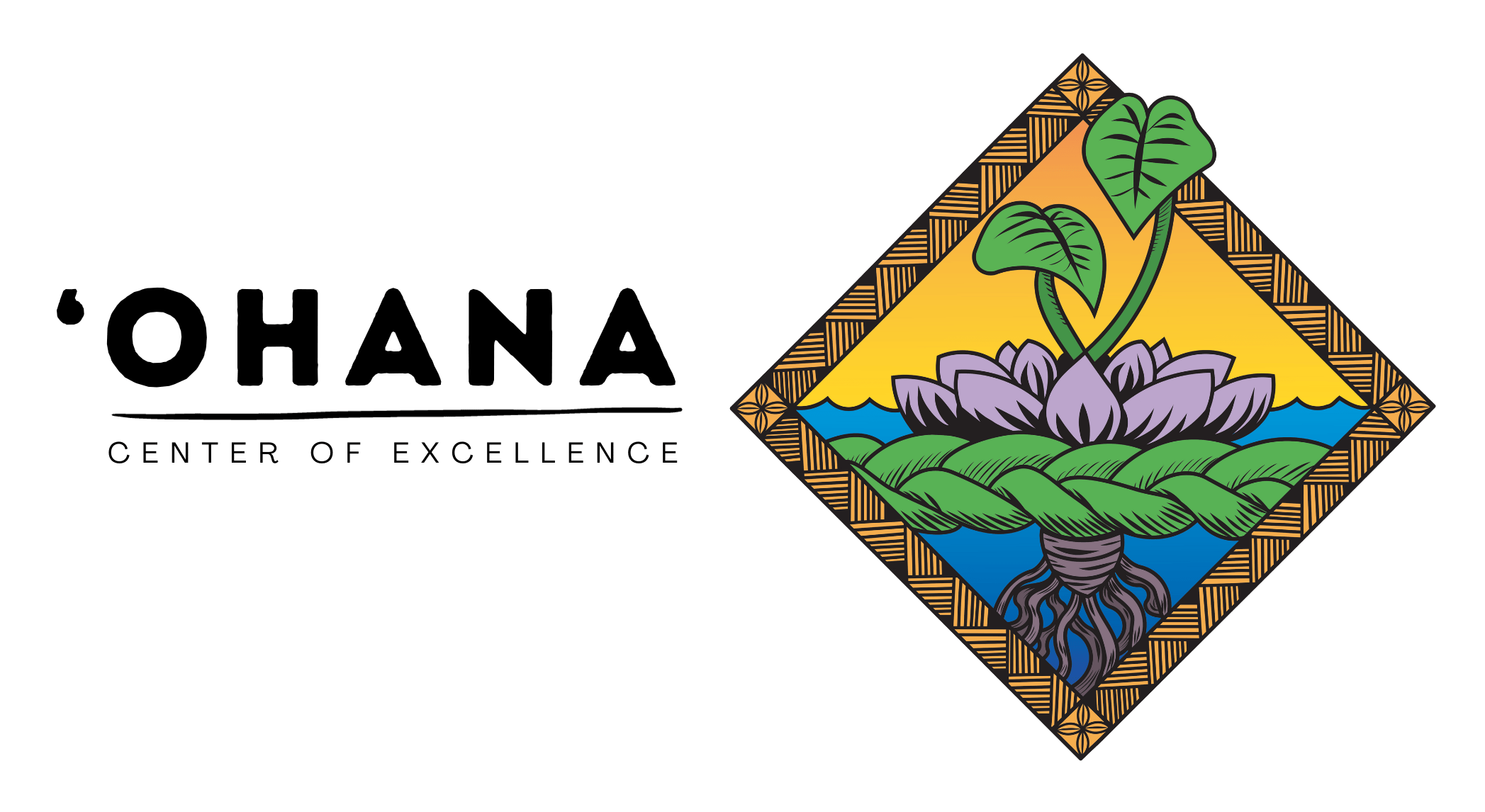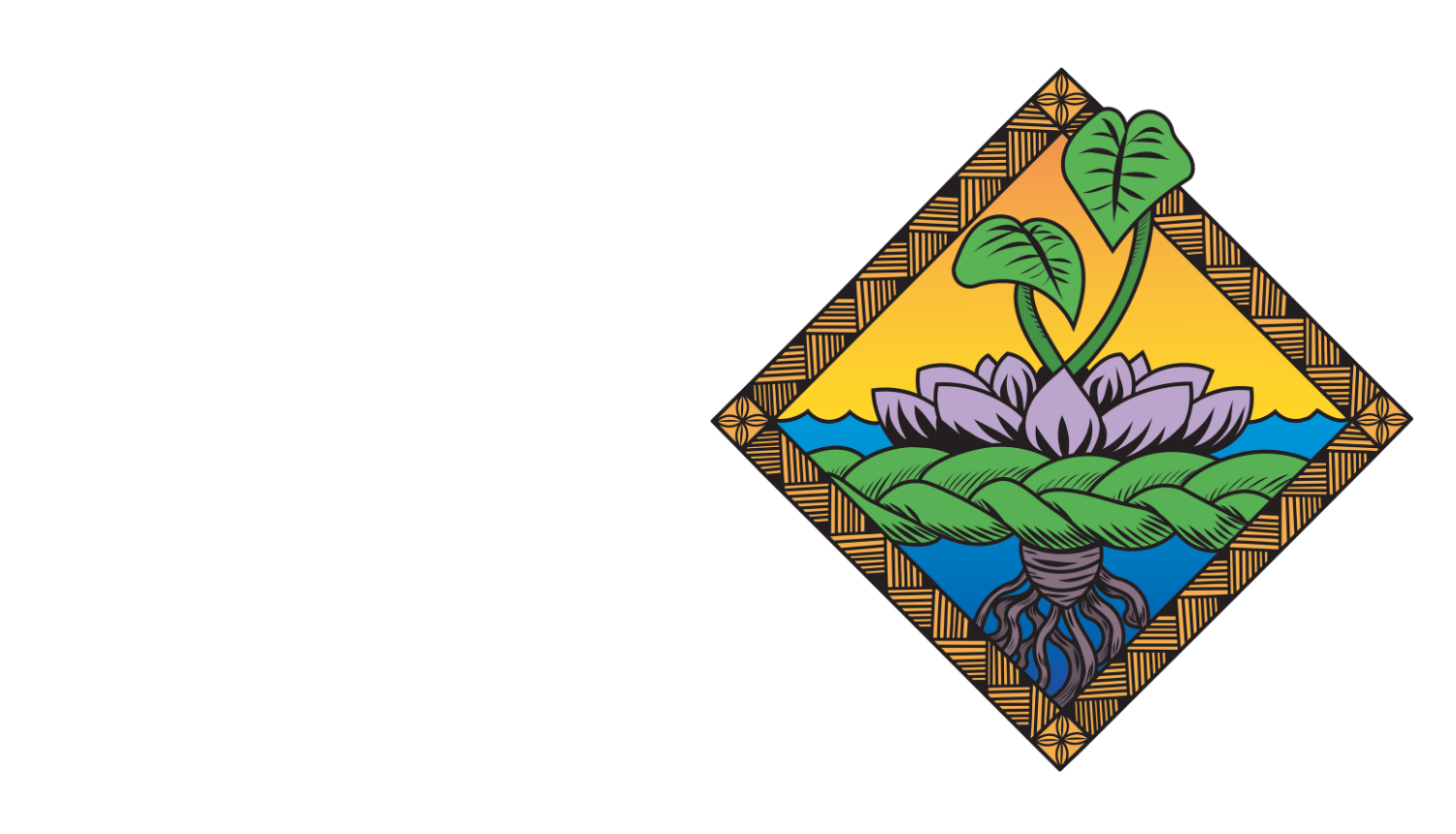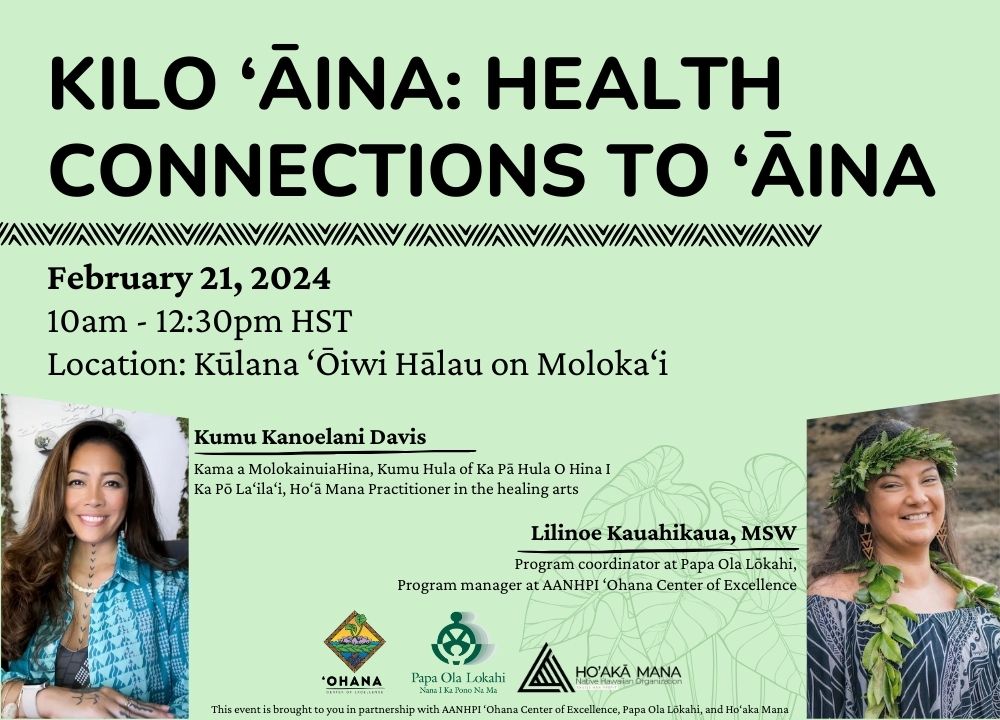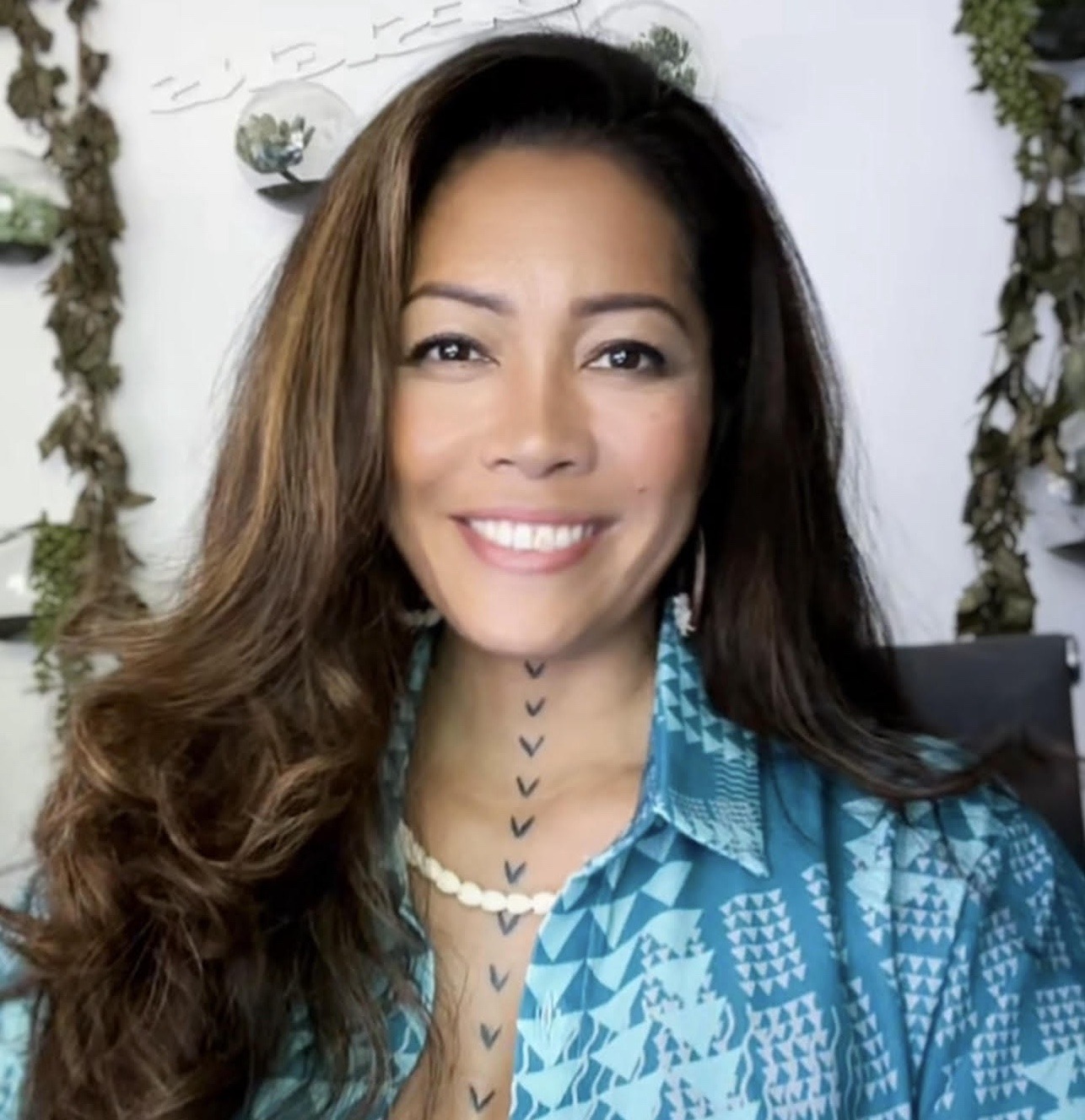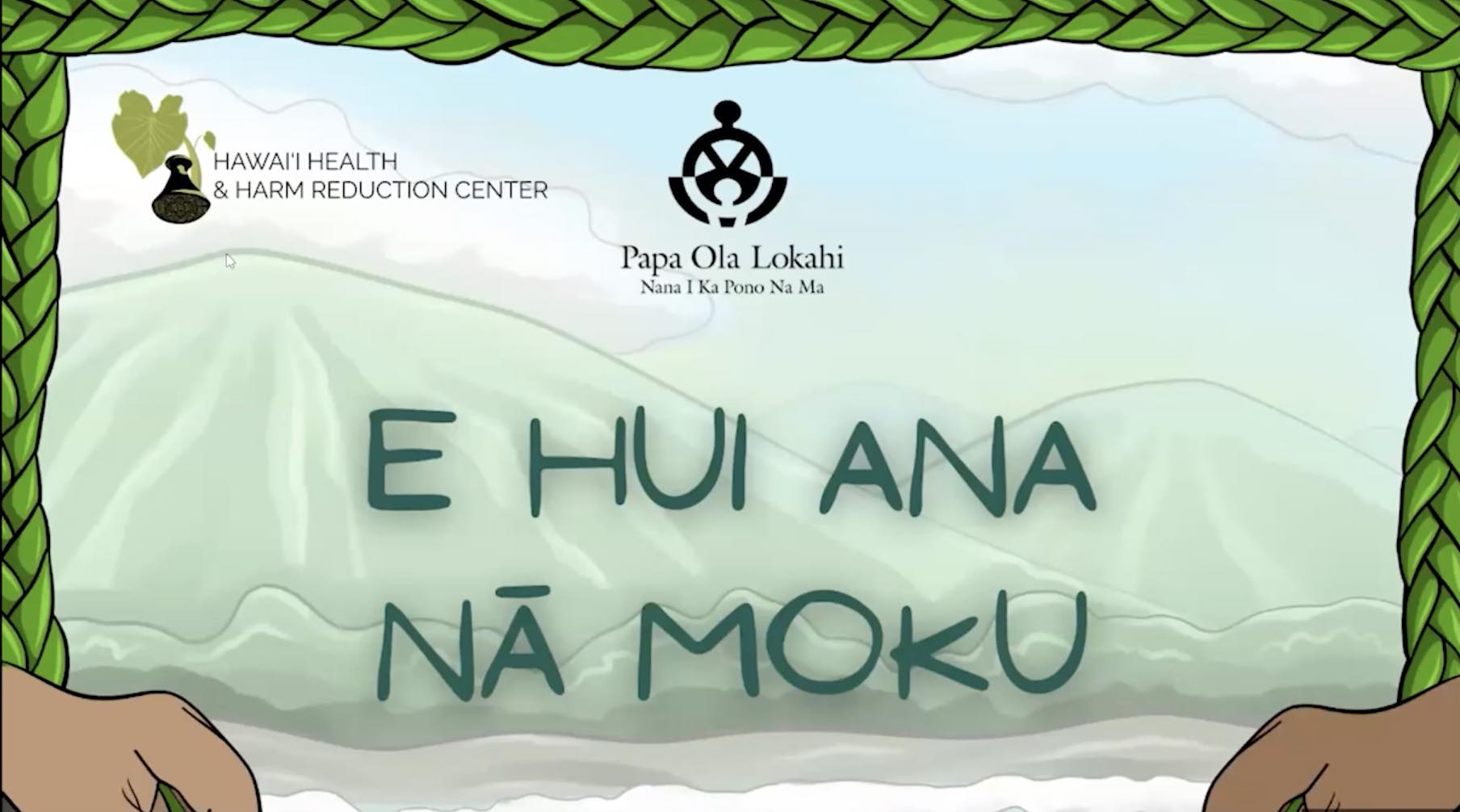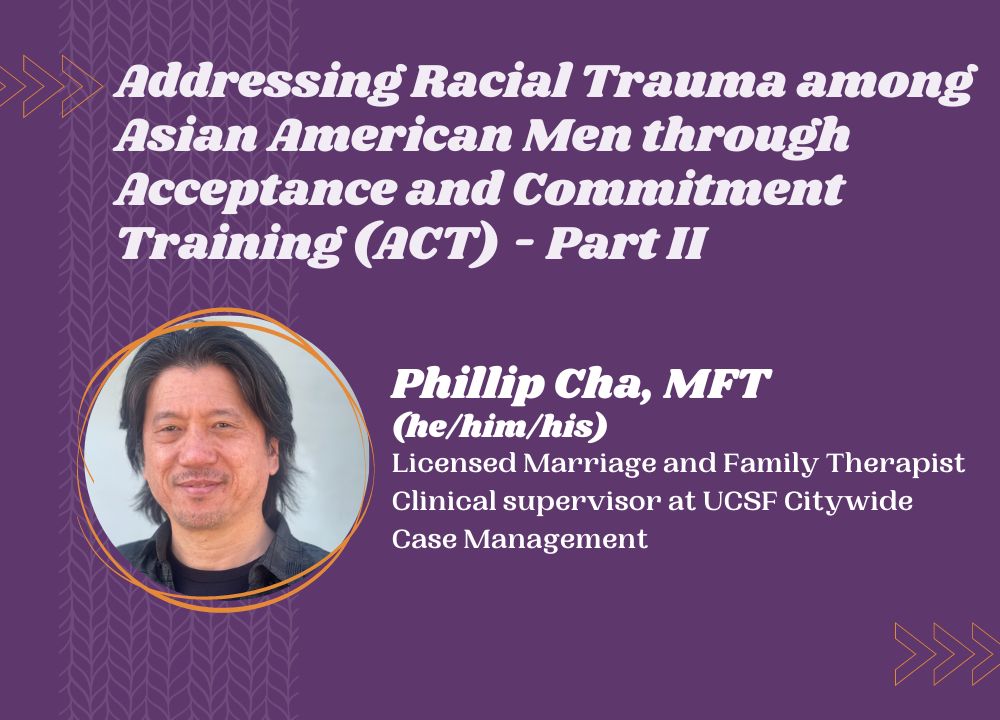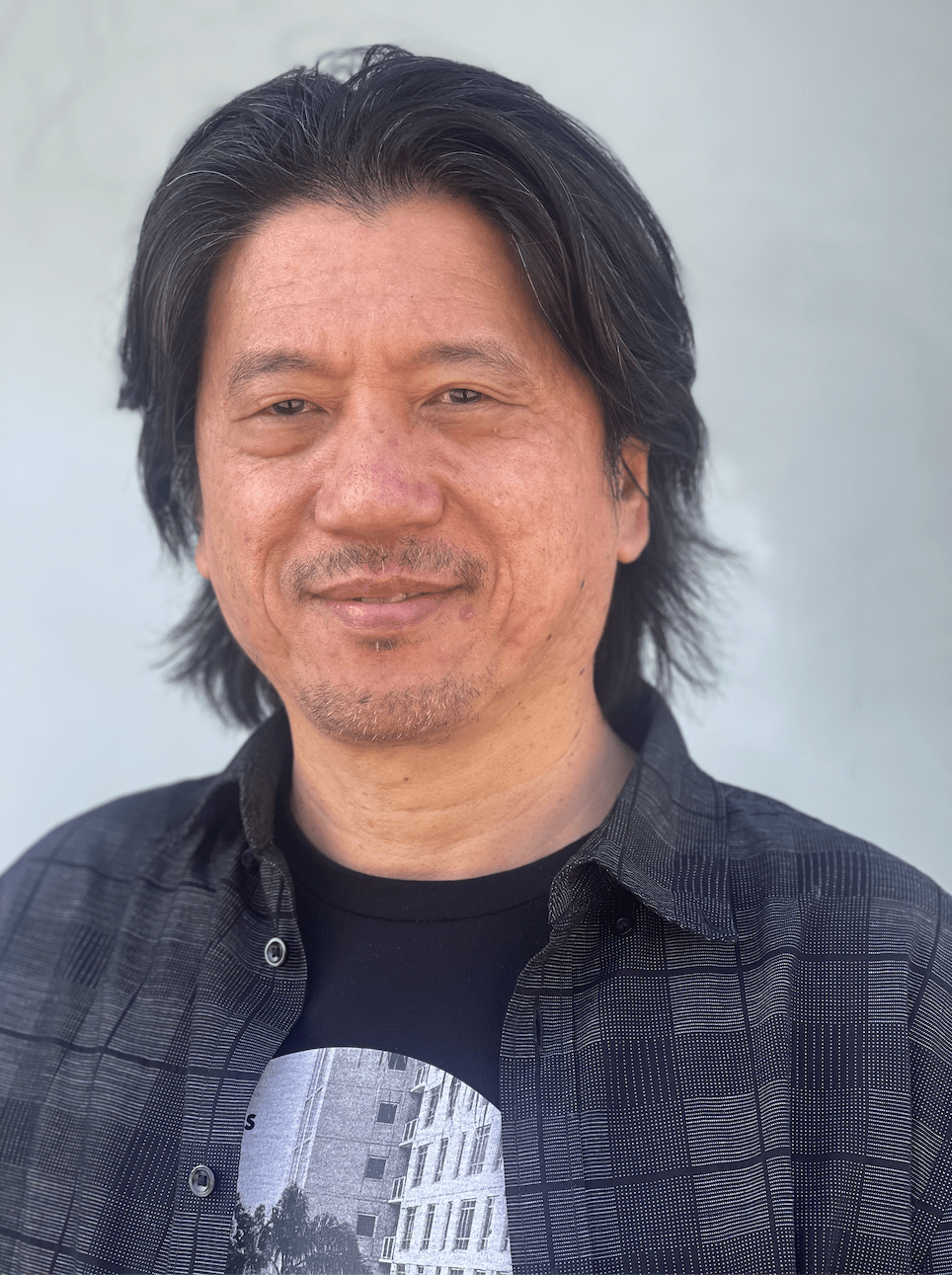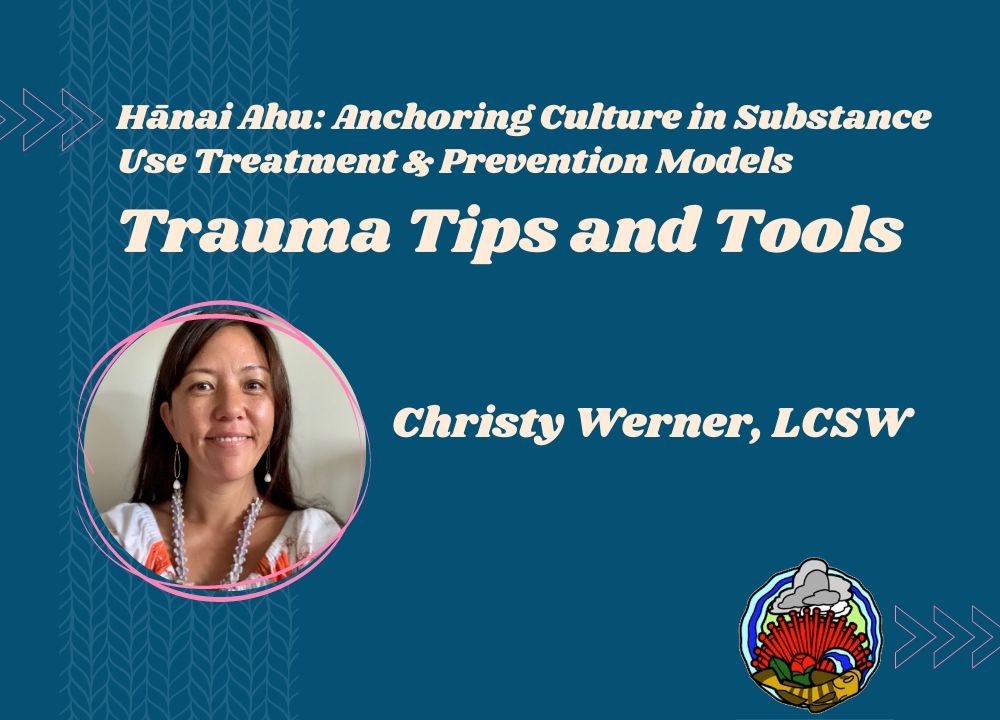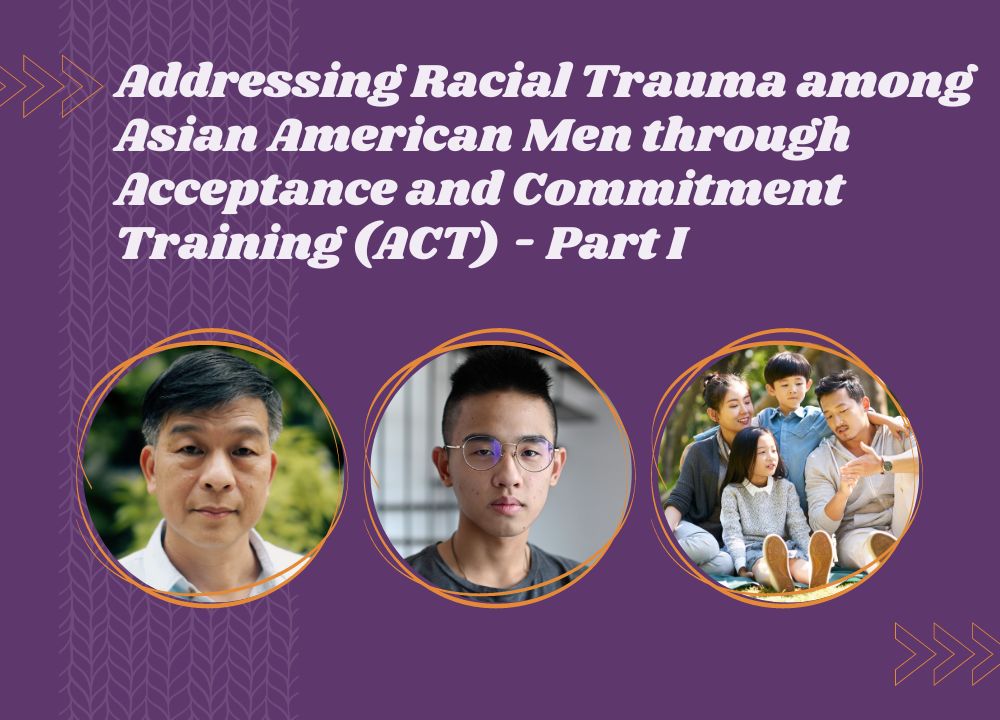What can ʻāina tell us about our own health and healing? Everything!! The ahupuaʻa is a way to look at the impacts of trauma and ecosystems of care toward mauliola. It provides a resonant model of a Native system that is grounded in the reciprocal relationship of kānaka to ʻāina and spirituality in order to achieve collective healing or mauli ola. The ahupuaʻa is a living, breathing example of a thriving, healthy Native system, all connected through wai (water), following through every interconnected system.
What will participants learn?
- Learn about the ahupua’a model for cultural healing and the impacts of trauma on our kanaka ecosystems
- Discuss ways the model can be applied to the self, ‘ohana, kaiaulu (community), as well as larger care systems in Hawaii.
- Provide their lens of how this model resonates and applies in their own, everyday life, community, ‘ohana, or organization.
Who is this workshop for?
- Health workers
- Social service workers
- Behavioral health workers
- Community members
- ʻĀina practitioners
EVENT LOCATION
Kūlana ʻŌiwi Hālau (next to Nā Puʻuwai on Moloka‘i)
602 Maunaloa Hwy
Kaunakakai, HI 96748 United States + Google Map
There is no registration for this event, it is open to the public. Come if can!
This event is brought to you in partnership with AANHPI ‘Ohana Center of Excellence, Papa Ola Lōkahi, and Ho‘aka Mana.
